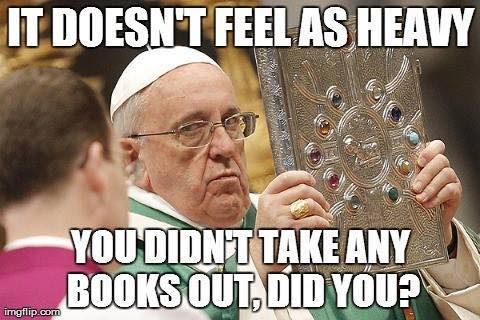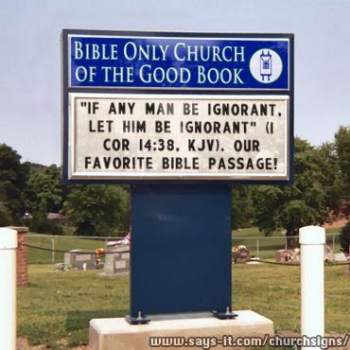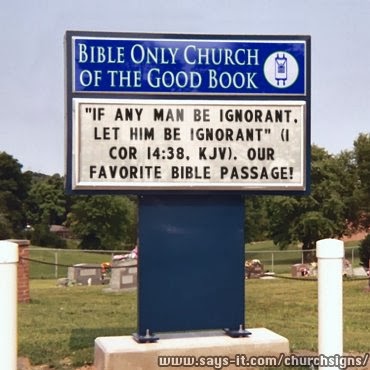I wish you would address the obvious mistake in your reasoning. How can the husband of one wife be a celibate?
Did Paul command celibacy or recommend it? He recommended it. And what is the basis for his recommendation?
1Corithians 7:26
I think, then, that this is good in view of the present distress, that it is good for a man to remain as he is.
Please consider the entire context in your own studies.
I guess you are in a double bind then? heh? You can't defend your position without an appeal to the scriptures. [Fascinating.]
Of course, they wouldn't. Even if they did, the argument would be circular. I maintain that God the Father and the Lord Jesus Christ are the sole authority, and that the only inspired witness to what the Father and the Son taught is in the Bible.
My belief is based on the nature of God; he never lies, and he never changes his mind. So then, an evaluation of any writing or tradition must begin and end with prior revelation. No prophet would contradict another prophet and no apostle would contradict another apostle.
Secondly, Peter already said that we have enough teaching to lead a godly life. I might seek the advice of a trusted elder, but if that elder contradicts a prophet or an apostle, I am not obligated to follow the elder's advice.
The same is true of Catholic dogma. If Catholic dogma contradicts Jesus, the apostles or prophets, I am not obligated to obey Catholic dogma.
Sorry, I don't agree with your interpretation.
And yet you can't help yourself. :) You ask anyway.
You raise a good point.
This may be shocking to you, but if someone like me actually believes in Sola Scriptura, (and I do) then one must also believe that the canon is NOT fixed by decree of an Official Council. If that were true, then it wouldn't be "sola" would it?
I am not about to toss out books of the Bible, yet, but I am free to toss one out if I find evidence that it contradicts revealed, inspired, scripture. If I find that a book isn't likely to be authentic, I am free to ignore that book. Or if I find that another book, outside the official canon IS authentic, I am free to accept that book.
Now, I have not rejected a book inside the canon; or accepted one outside the canon, and this state of affairs is likely not to change. All I'm saying is that my belief in Sola Scriptura doesn't depend on the opinion of a church council. If it did, it wouldn't be "sola."





